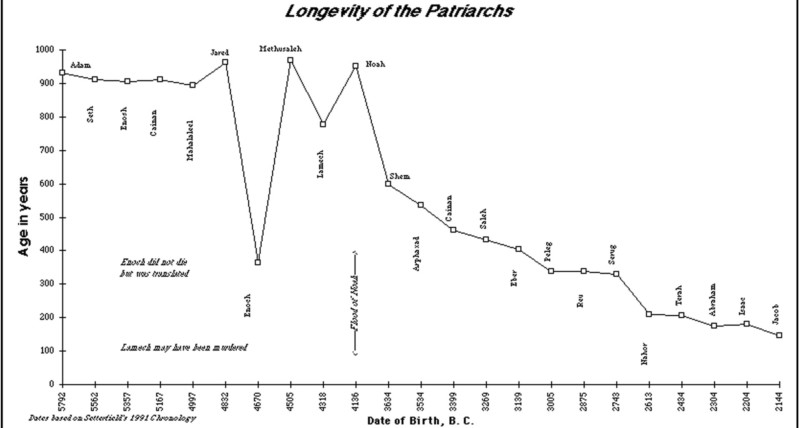Pollution affects oceans and trees, rivers and streams, and, certainly, you and I. Mother Earth was perfectly pristine prior to the industrial revolution. Before automobiles, factory production, and fossil fuel combustion, humans respected the ground they inhabited, the crops they cultivated, the water they drank and the air they breathed.
This past Sunday the sun was shining bright and the waves were rolling right. Grabbing my board, I began my jog for the water. Splashing into the white powder, the cool refreshment from that NW swell jolted my body into a state of hyperawareness. After overcoming set after set, I placed myself in the lineup amongst the others. Instead of looking at the first oncoming wave, though, my eyes were fixated on this piece of floating plastic ten yards west. That bottle, which a human once held in hand and dropped onto this earth without care, has made its way to sea – and sat there, terrifyingly, in front of me.
Sadly, it is undeniable that pollution is absolutely destroying the planet from its core to the far ends of our atmosphere, and beyond. We have lost touch with our connection to the earth and the pristine life it has to offer.
THE DESTRUCTION OF MOTHER NATURE
Each year, billions of tons of toxic byproducts from fossil fuel combustion are sent into the atmosphere. The global atmosphere, in fact, is on the receiving end of 20 billion tons of carbon dioxide, 130 million tons of sulfur dioxide, 97 million tons of hydrocarbons, 53 million tons of nitrogen oxides, and more than 3 million tons of arsenic, cadmium, lead, mercury, nickel, zinc, and other toxic metals. In addition, a host of synthetic organic compounds ranging from polychlorinated biphenyls (PCBs), toxaphene, and other pesticides are released. These chemicals have been shown to cause cancer, birth defects, genetic imbalances, and more reckless effects.
Today, the reality is the pollution has caused irreparable damage to the atmosphere, the lithosphere, and the hydrosphere, and irreversible damage to the biosphere and the biota that inhabit it.
When one closely examines the toll of human interference with nature, aka pollution, the disastrous effects are clear, especially in the biogeochemical cycles: the hydrological cycle, the carbon cycle, the nitrogen cycle, the oxygen cycle, the sulfur cycle, the phosphate cycle, and the mineral cycle.
Humans have a fundamental relationship with the earth. Mother Earth supplies all the necessary tools to live a pristine existence. However, pollution has done monumental damage to the food we eat, water we drink, and air we breathe.
ACID RAIN
The primary topic concerning pollution is acid deposition, also known as acid rain. This is a broad term referring to a mixture of wet or dry deposition from the atmosphere containing a higher than normal amount of nitric and sulfuric acid, which are a result of burning fossil fuel.
WHY IS BURNING FOSSIL FUEL BAD?
This toxic action results in the release of two deadly chemicals – sulfur dioxide and nitric oxide. When the two react in the atmosphere with water, oxygen, and other chemicals, the yield is, amongst others, sulfuric acid and nitric acid. When moisture drops, it is no longer the quality rain that used to sustain civilization. Even in areas where the weather is dry, the acid chemicals may become incorporated into dust or smoke and fall to the ground through dry deposition.
Sadly enough, about half of the acidity in the atmosphere falls back to the earth through deposition.
The dangers of acid rain are no secret. In their report entitled “Acid Rain”, The Environmental Protection Agency revealed, “Acid rain causes a cascade of effects that harm or kill individual fish, reduce fish population numbers, can completely eliminate a fish species from a body or water, and decreases biodiversity.”
It doesn’t end with fish or even just the water. Scientists have clearly proven that pollution from acid deposition greatly affects agriculture, crops, plants, trees, and (basically) everything else in nature. Acid rain strips our soil of the valuable nutrients and enzymes that naturally exist, and easily wipes out microorganisms in the soil that are responsible for digestion.
ACID RAIN AND WATER
Sadly enough, acid rain has destroyed the pH of the global ocean. Yes, that is clearly treacherous. However, even more upsetting is the effects it has had on our drinking water. When the acid drops from the sky, the negatively charged ions – sulfuric acid and nitric acid – buffer the delicate electrolyte bicarbonate ions in our water. The result? – Acidic Hard Water.
Splashing down through the water supply, the acid hits the crust. There it violently erodes the earth and releases silica, alumina, iron, sodium, potassium, calcium, and magnesium exponentially into the water, creating what we call “hard water.” The water also becomes contaminated with a host of other chemicals that are carcinogenic, teratogenic, and mutagenic. Evidence clearly links these toxins to reproductive and neurological damage.
JUST HOW BAD IS THE ACID IN THE WATER?
After being studied extensively, scientists found that 1/3 of our drinking water is acidic. Extracted acids have been applied to microbes like bacteria, parasites, and microscopic worms. What happens? Holes are immediately burned in their outer membranes. The acids destroy parasites and their eggs, bacteria, germs, and viruses. In addition, they have a strong oxidative potential – electronegativity – giving them the ability to oxidize and sterilize.
ACID RAIN AND YOU
Through the acidification of the planet (soil and water), toxic metals easily end up in the drinking water, crops, meat, and fish – which are then ingested by humans. Heavy metals are, in essence, in everything you eat, drink, and breathe. When ingested, your body suffers a thrashing poisoning.
The accumulation of these heavy metals (total dissolved solids) creates a hard water state in most drinking water supplies. In fact, 85% of the drinking water in the United States is hard. Hard water, for one, causes excessive drying of the skin because it corrodes normal metals. It also adversely affects your tissues, blood stream, tendons, nervous system, neurological functions, reproductive organs, and every other part of your body.
“Water hardness (excess inorganic minerals in solution) is the underlying cause of many, if not all, of the diseases resulting from poisons in the intestinal tract. These (hard minerals) pass from the intestinal walls and get into the lymphatic system, which delivers all of its products to the blood, which in turn, distributes to all parts of the body. This is the cause of much human disease.” Dr. Charles Mayo of the Mayo Clinic.
POLLUTION – KILLING YOU AND THE EARTH.




